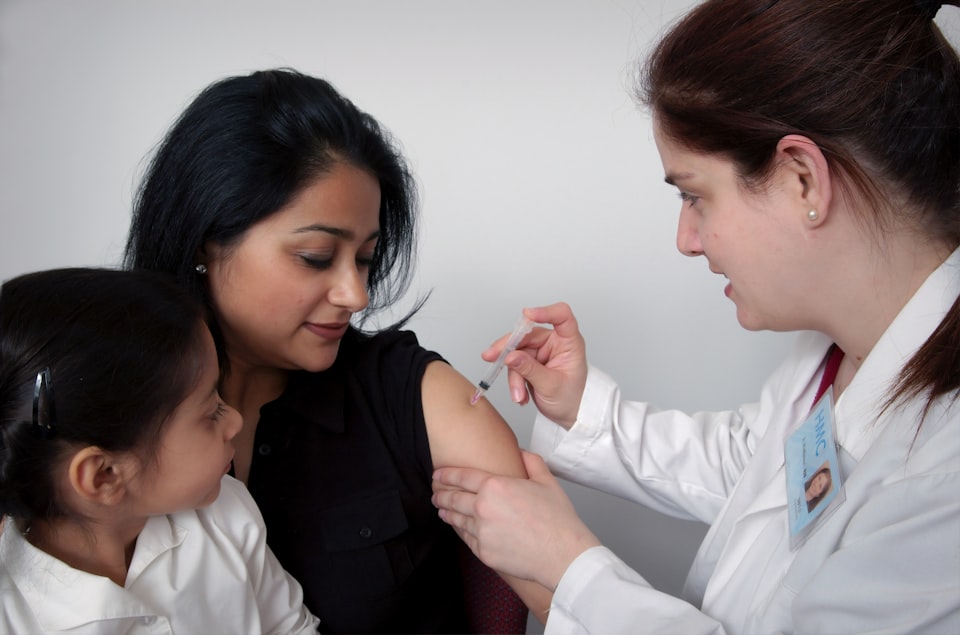Unpopular Opinion: Vaccinate Young People First

When thinking of who should be vaccinated first, I found myself doubtful that vaccinating the most vulnerable is the right method to pursue. Before anyone accuses me of being heartless for condemning a sweet grandmother to death, here me out.
In the most respectful manner possible, the elderly already had the chance to live their lives. 60+ years to be exact. Younger people still have not. To make this clearer, let's take the question every government is currently asking: who should be vaccinated first? Another way to ask this question is: who should be protected from COVID? The emphasis upon protection is because COVID is deadly. Thus, what we're really asking is: who has the stronger claim to live?
While this sounds callous, hopefully this view will be softened once we define what claims are: basically rights to something. They may or may not be legal rights. For example, compare the right to own a gun versus a pregnant woman asking a young man to give up his seat on the bus. The last example is most useful for our discussion because buses have a limited number seats, and some people clearly need those seats more than others.
Likewise vaccines are currently in limited supply, and I think looking at their distribution in terms of claims could be worthwhile. If we return to our question of who has the stronger claim to live, it isn't readily apparent that the answer is an older person. (side note: it would only be apparent if we use a Rawlsian notion of fairness. Rawls would probably argue that since the elderly are disadvantaged in some form, such as frailty, then the distribution of vaccines should be to their advantage. This is, in fact, the approach most governments are taking. As stated earlier, I find this suspect.)
In looking at claims, I wish to focus on the claim to live a fulfilling life. Such a claim is uncontroversial—it is something most people can agree with, and it is even enshrined in the US Declaration of Independence:
We hold these truths to be self-evident, that all men are created equal, that they are endowed by their Creator with certain unalienable Rights, that among these are Life, Liberty and the pursuit of Happiness.
For this argument, whether an elderly person has lived a fulfilling life is irrelevant--the point is that they already had the chance to exercise (or not exercise!) their claim to live. On the other hand, young people either haven't had the chance yet or the exercise of such a claim was interrupted by the pandemic.
Not only that, focusing first on younger people may be to our advantage. Researchers at the Universities of Waterloo and Guelph concluded that:
If vaccination starts sufficiently early in 2021, a strategy of vaccinating individuals 60 years of age and older will prevent the most deaths. But more surprisingly, we found that if the vaccine is not available until later in 2021, we might be able to prevent more deaths by first vaccinating younger age groups — working-age adults and children — who have more contacts with others.
If we compare this to our strategy to a specific part of the world, say my current location in Los Angeles–we don't even have enough vaccines to begin inoculating the elderly. We barely have enough for healthcare workers and those in nursing homes. So really, we ought to be focusing on people who have more contact with others.
Furthermore, as The Conversation article linked earlier notes, inoculating younger people could very well prevent older people from dying. A study in Japan found that giving schoolchildren the flu shot still created herd immunity for the elderly.
What we can gather is that the people who have the most contact with others (=young people) are also the people who have the strongest claim to live. Of course, young people probably have the most contact with others because they're still young and creating a fulfilling life.
Lastly, thinking of vaccine-rollout in terms of claims can help us in setting good policy. For example, healthcare workers obviously have a stronger claim to receiving an inoculation than me, a postgrad currently telecommuting from home. At the same time, I have a stronger claim than a retired 65-year-old who has already enjoyed a life.
Of course, this post is to stir up debate and see how others react, criticise, or strengthen the argument. Finally, I think this debate shows that not enough philosophers are involved in the decision-making process to distribute limited vaccine stock despite this being a classic distributive justice problem. Or it could also be a sign that we have way too many Rawlsians running the show. 🤷♂️
Leave your comments below! 👇

Comments ()